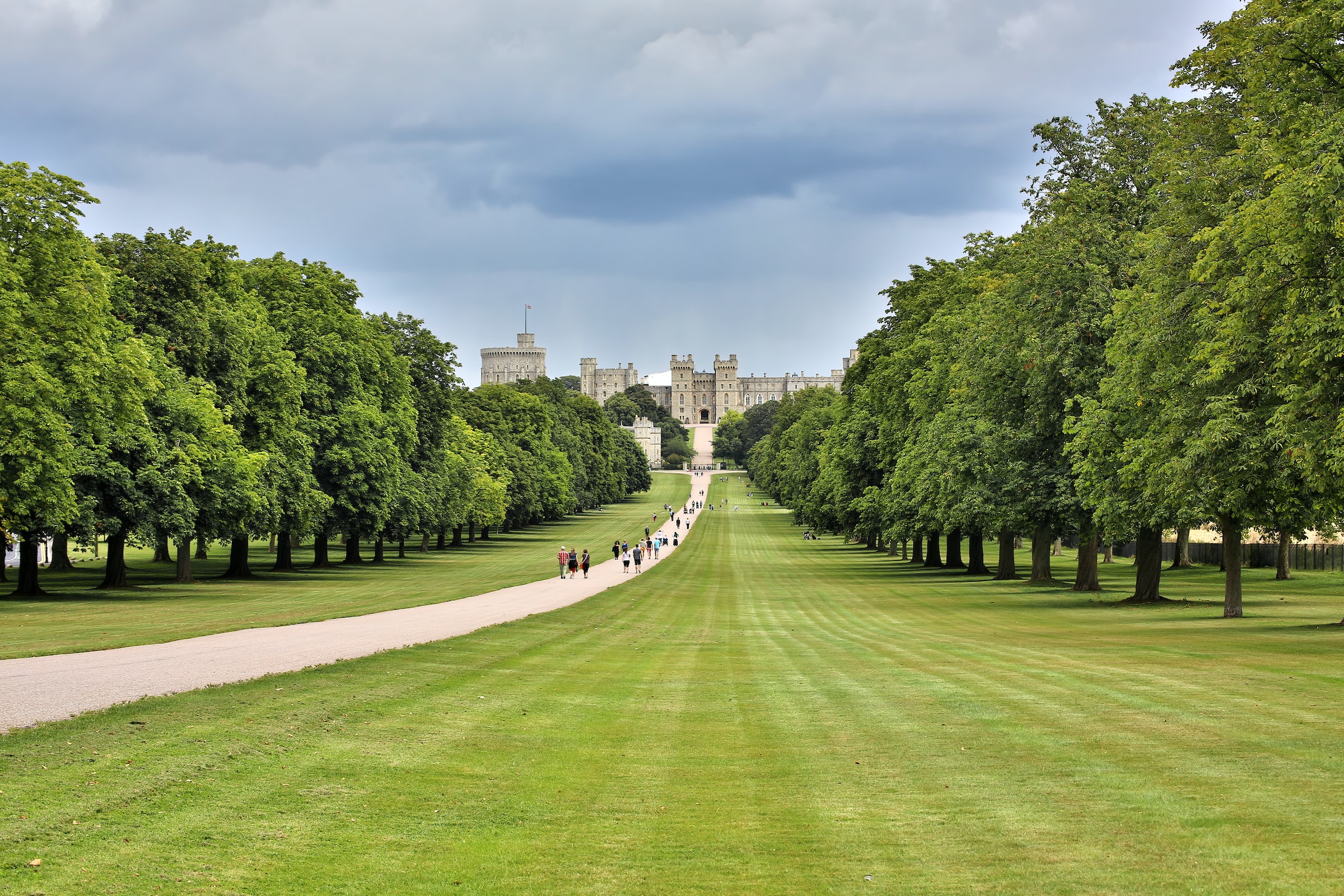
After binge-watching the much awaited fourth series of the The Crown, TV Critic Dan Hunt concludes that this series is just as good as its predecessors in offering an honest epic about the Royal Family
In one of Netflix’s most highly-anticipated releases of the year, the fourth season of The Crown dropped on Sunday to much deserved thoroughfare. This season, much like all the others, beautifully depicts the dysfunctional underbelly of the Royal Family with sensitivity and sublime precision.
This series covers the entirety of the 1980s, from Margaret Thatcher being elected as the first woman Prime Minister in 1979, right up to her resignation in 1990. This period includes the marriage of Charles and Diana, the Falklands War and Apartheid in South Africa, but focuses deeply on the interrelations within the Royal Family and between the Queen and No. 10.
Beautifully depicts the dysfunctional underbelly of the Royal Family
With this in mind many events are not filmed but instead merely mentioned in passing, or the lead-up is shown without the event itself. One such example is Charles and Diana’s wedding in 1981. As a televised event watched by 750 million people, to show the wedding itself would have wasted an episode as viewers likely already know what happens, and are aware of how uninteresting it really was. The writers instead view the events prior to the wedding as the most important, so credit is deserved for finding new perspectives and telling a different part of the story.
Olivia Colman’s superb performance in the previous series was finally matched by juicy storylines and a coherent narrative that resonates from beginning to end. Colman, much like Claire Foy before her, amalgamates the stoical strength the Queen personifies, and once again she steals the show in every scene she partakes in.
When Gillian Anderson was announced to have been cast as Margaret Thatcher back in 2019 there was some scepticism, but this was undoubtedly unwarranted. Anderson transformed herself, with her voice, mannerisms and movements perplexing the fantasies of Dads up and down the country. As a divisive figure, Margaret Thatcher and the Queen are presented to have a challenging relationship throughout her time in office, and this becomes one of the series’ key storylines, along with the relationship of Charles and Diana.
Emma Corin’s breakthrough performance as Diana is a spectacle, together with Josh O’Connor (Charles) presenting the brevity of the couple’s complex relationship. We see first-hand the inner conflict Charles faces in deciding between duty and love, and his long-term affair with Camilla, played by Emerald Fennell.
The Crown remains committed to showing the whole story, even the parts which [are] uncomfortable
Diana’s character is also defined by her struggles with eating disorder, a topic that The Crown confronts with extreme sensitivity, while also giving it the airtime that it deserves. With warnings and details of support at the beginning of each episode where Diana suffers, it becomes evident that The Crown remains committed to showing the whole story, even the parts which viewers inevitably find uncomfortable.
The fifth episode of the series presents a welcome break from the pomp and circumstance of the rest of the series (however, if viewers were disillusioned by pomp and circumstance they probably would not have got as far as the fourth series). In this episode the focal character is Michael Fagan, the man who infamously broke into Buckingham Palace and talked to the Queen in her bedroom without being caught by the security team. It is refreshing to see a different part of Margaret Thatcher’s premiership, and the suffering of working class people as a result of unemployment. This shapes the narrative in future episodes, with the Queen frequently clashing with Thatcher over other issues.
Perhaps a man who never receives enough credit for his performance is Tobias Menzies, who plays a slightly lesser yet still important role as Philip compared to series 3. Menzies never misses a beat and the reserved chemistry between him and Colman is clear for all to see. In this series, parallels are created between Prince Philip and Diana, with them enduring a peculiar bond as apparent ‘outsiders’ who have married into an established and frequently cold family.
Beautifully acted, beautifully written, and beautifully real
The only fault I can find with this series is the last two episodes. Here, the narrative when viewed as episodes in isolation falls flat, but evidently gaps in the story needed to be filled before the series ended and the lack of direction in plot arguably reflects the chaos occurring in Charles and Diana’s marriage, and the tenuous position of the Prime Minister.
However, this series is a masterpiece. Beautifully acted, beautifully written, and beautifully real. With Colman’s spell on the throne over, fans will be waiting impatiently to see Imelda Staunton’s rendition in 2022. I for one, cannot wait.
Comments